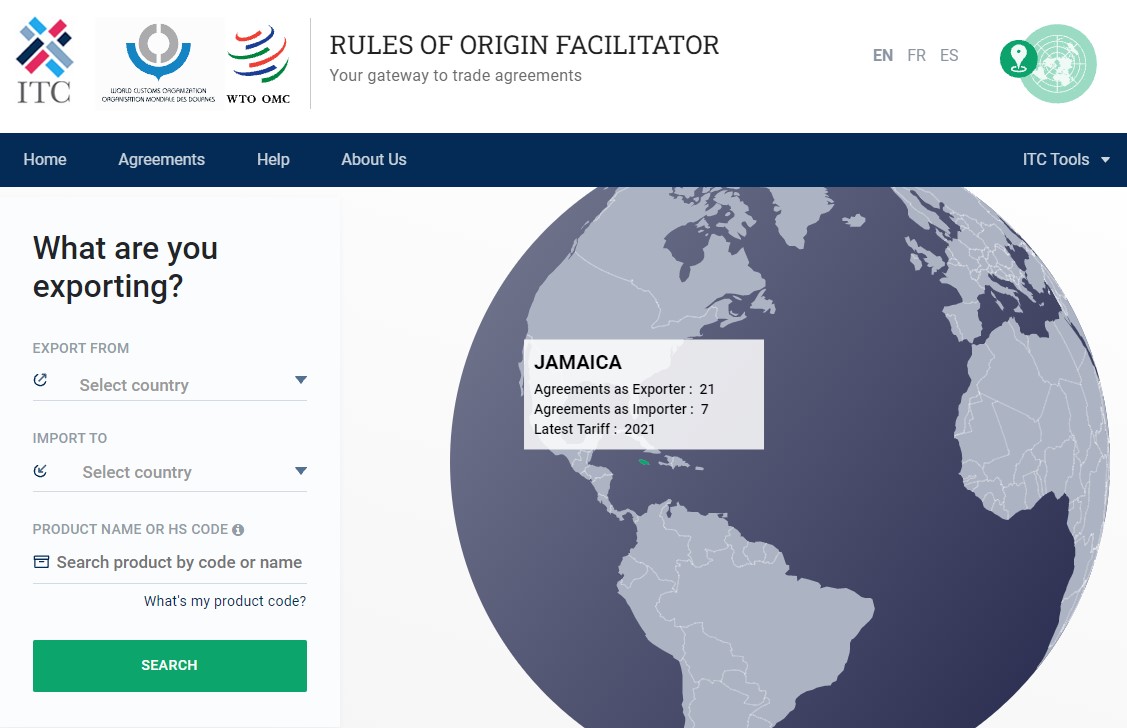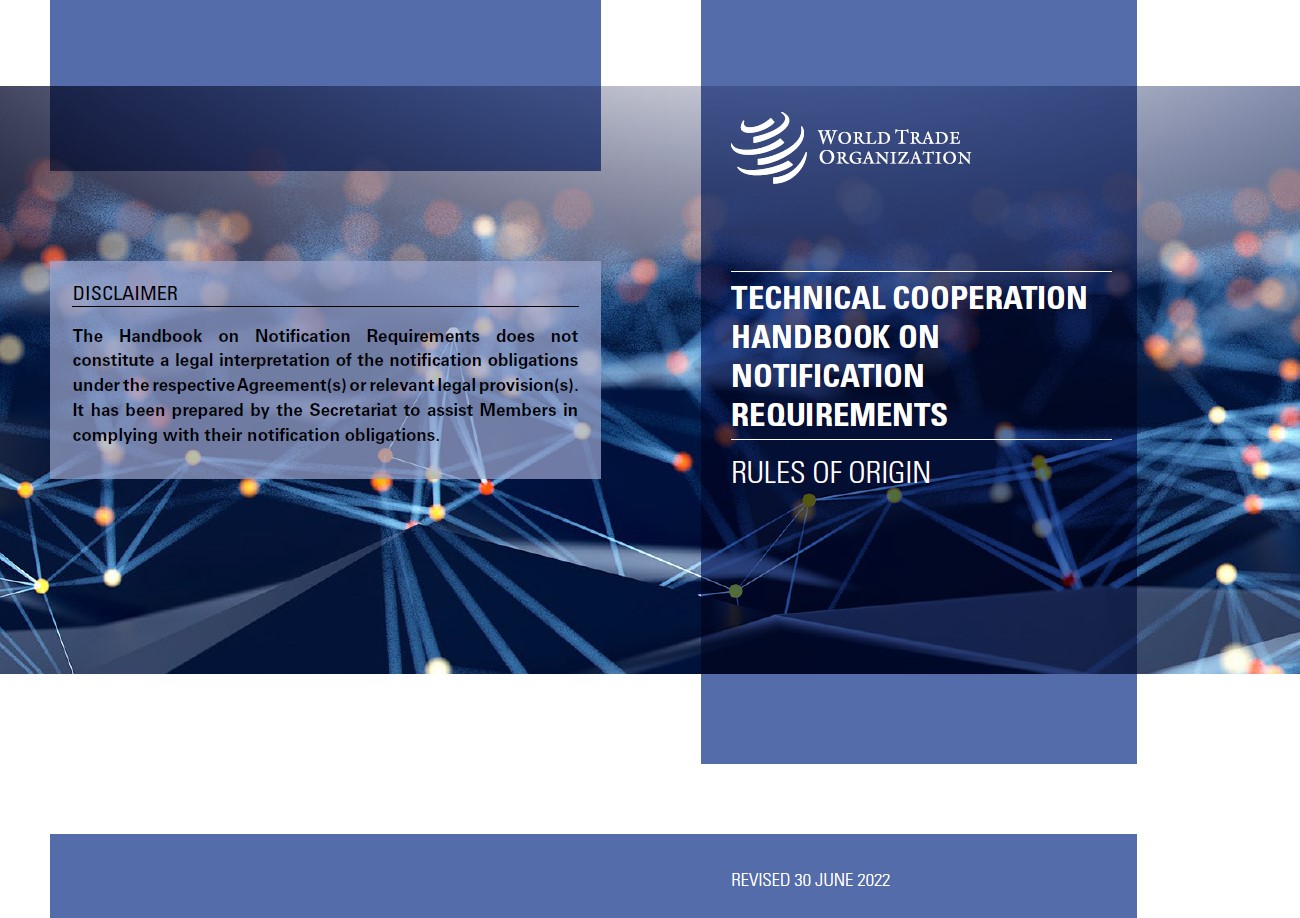Rules of origin
Determining where a product comes from is not easy when raw materials and parts criss-cross the globe to be used as inputs in scattered manufacturing plants. Rules of origin are therefore needed to attribute one country of origin to each product. They are the criteria used to define where a product was made and are important for implementing other trade policy measures, including trade preferences (preferential rules of origin), quotas, anti-dumping measures and countervailing duties (non-preferential rules of origin).
On this page:
#RULESOFORIGIN
 Latest tweets about #RulesOfOrigin
Latest tweets about #RulesOfOrigin
LDCs seek strengthened mandate for Committee on Rules of Origin #RulesofOrigin #LDC https://t.co/1yQV8osPeR pic.twitter.com/MACGGzhWCZ
— WTO (@wto) March 9, 2020
PTA database

The preferential trade arrangements (PTAs) database (http://ptadb.wto.org/) is a tool that was established as an outcome of the decision establishing the Transparency Mechanism for PTAs. It includes Generalized System of Preferences schemes, under which developed countries grant preferential tariffs to imports from developing countries.
Committee on Trade and Development
The Committee on Trade and Development serves as the forum for the notification and review of regional trade agreements (RTAs) between developing countries. It also reviews non-reciprocal preferential schemes favouring developing countries authorized under the Enabling Clause, in particular the Generalized System of Preferences (GSP).
Share
Looking for product-specific rules of origin?

The Origin Facilitator is a joint database of the WTO, ITC and WCO which allows firms to search rules of origin and certification obligations for free.
Notifications

The WTO Handbook on Notifications contains a detailed explanation about how to prepare notifications related to rules of origin.
Problems viewing this page? If so, please contact [email protected] giving details of the operating system and web browser you are using.